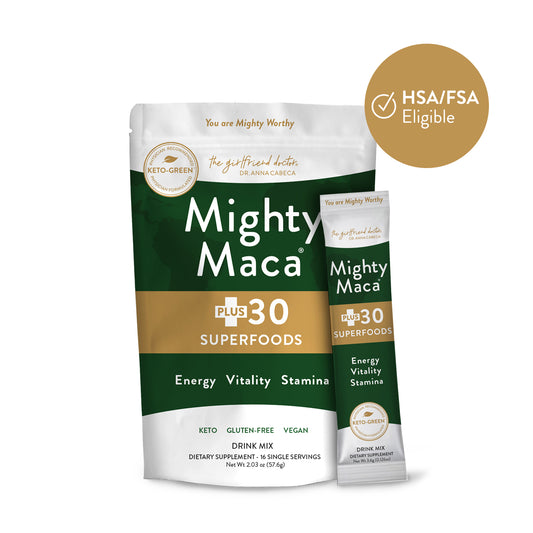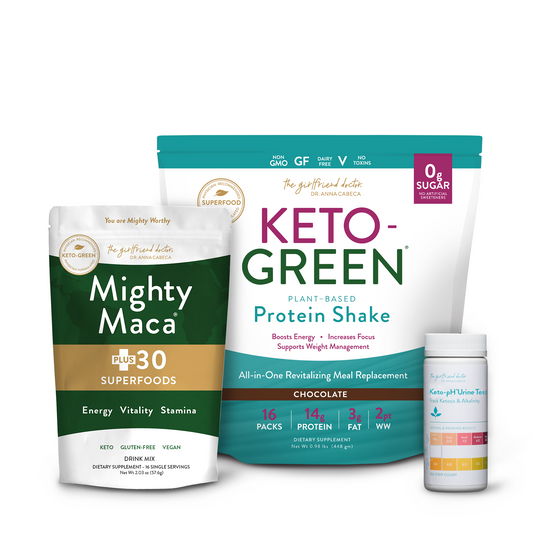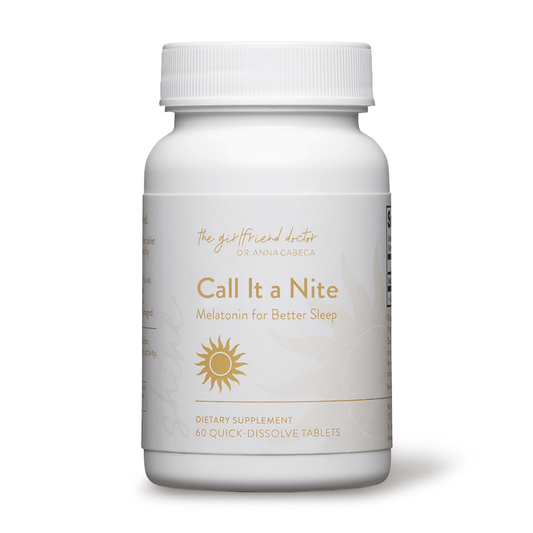In this season of giving thanks, it’s hard to think of a more deserving group than family caregivers. By one account, there are nearly 44 million adults in the United States who provide unpaid care to an adult or a child each year. Many caregivers work full-time, still have children at home, and use a considerable amount of their financial resources to care for their loved ones, most likely their elderly moms or dads.
Caregivers are, without a doubt, the unsung heroes and saints of our time. If you are a caregiver, I know that you go about your care with deep love, while sometimes struggling with fear, stress, and fatigue. You often have to readjust your work schedule, and many caregivers have the added stress of worrying about how to cover the bills. That is a lot of caregiving stress!
How do I know this? Because, in addition to being a mom and a doctor, I was a caregiver to both my parents when they were alive. My caregiving journey started when my mother was diagnosed with diabetes and heart disease. It continued when I helped my dad who was also diagnosed with diabetes, and I oversaw nearly every aspect of his life – diet, medications, activities, and schedule - offering my “polite opinion” to his medical team when necessary. (Remember that if you’re caring for your elderly parents, you are the best advocate they have!) I also focused on improving my dad’s health with my own best holistic recommendations (needless to say he was a Mighty Maca Plus fan!).
Caregiving was intense, exhausting and stressful. Many days, I felt like I was in the middle of the ocean, treading water to keep from drowning. I have to admit there were times when I felt like I had nothing left to give. But when I look back on those years, no matter how difficult, I just breathe and give thanks for all the time and all the blessings I had with my parents. As caregivers, we must cherish those times.
My resilience – the ability to recover quickly from tough times – surprised me. I was able to keep going. I learned to watch for what my family needed – and respond as necessary. I learned to listen to my own body when I needed rest. I learned that I had more emotional strength than I ever realized. I learned that I could bounce back! And you can too.
Over the years, I’ve met other caregivers who have told me about their intense stress, exhaustion, and grieving. They have shared their gut-wrenching emotions with me. One woman told me about being the caregiver for both parents at the same time. Another is currently at the bedside of her husband of 35 years, who has been in home hospice for several months.
This holiday season, I’ve done a lot of reflecting on my caregiving experiences and those of others – especially with a pandemic upon us – and I want to share with you what I’ve discovered so it can help you find meaning in your own situation.
- Lean on your support system. Call in the troops. Ask for help. This may be very hard to do but do it. Maybe it’s for a few hours a day, or maybe even for a week. Ask your siblings who live far away to come help. Or ask your church community or other volunteers. Maybe it’s a short escape time for a drive or a long walk or just a long bath! Don’t apologize for needing some time for yourself; if you don’t get it, you won’t have the energy you need to take care of others.
- Prioritize self-care. I admit this is easier said than done! But, when you take care of yourself, the person for whom you are caregiving and for whom you have been sacrificing yourself, will benefit greatly.
- Get some rest. Sleep is a vital therapy for caregivers and helps restore all your body’s cells. Please allow yourself this time. If you need some help with this, check out these tips to getting a better night’s sleep (and refer back to the earlier point about asking for help! You might need someone to spend the night or give you a little break during the day for a nice nap or some meditation time).’
- Support your adrenals. Caregiving can be put a toll on your adrenals and on all your hormones. When pushed to your physical and mental limits due to lack of sleep, worry, and stress, your hormone network moves into survival mode. This can lead to anxiety, depression, aches and pains, intense fatigue or hyperactivity, and resentment.
A healthy way to support your adrenal function is through dietary supplements. I suggest adrenal adaptogens such as Mighty Maca Plus, Ashwagandha, Siberian ginseng, and Rhodiola Rosea. Other adrenal support supplements include DHEA: 5-15 mg for women, 25 – 50 mg for men: high-quality multivitamin and minerals with bio-available B vitamins; high dose Vitamin C (2000 to 5000 mg daily); and Alpha Lipoic Acid (300 mg per day to help with blood sugar control).
- Consider home care first. At some point you may face a decision: nursing home or home care for your elderly parents? For my dad, home care was the best option. It is familiar and comfortable. It allowed for more personal care. And it promoted greater independence. This decision, however, is very individualized and ultimately up to the caregiver.
Here’s something else to consider: the number one reason caregivers put their elderly parents in a nursing home is incontinence. If this is an issue with your loved one, consider using Julva®, my topical anti-aging vulvar cream. It contains restorative ingredients and plant stem cells to help repair the delicate tissue and mucous membranes around the urethra, vagina, and rectum – and it helps treat incontinence.
- Focus on today. Caregiving can be overwhelming. I look at it like a staircase. Concentrate on the next step, not the whole staircase. This means doing what you need to do today and to experience the joy of being with the person for whom you are caring.
So stay present in the moment and don't sweat the small stuff. No need to be a perfectionist. You are human, and doing your best!
- Reframe your thoughts. It’s easy to focus on wishing things were different, but this can become counterproductive. Looking back on my own experience, caregiving made me a different, better version of myself. It gave me a sense of purpose and meaning, and I would not trade that journey for anything in the world.
None of this is to say that these are not challenging times. But it helps me to remember how much I have to be thankful for; I encourage you to look for moments of thanksgiving and gratitude as well!







